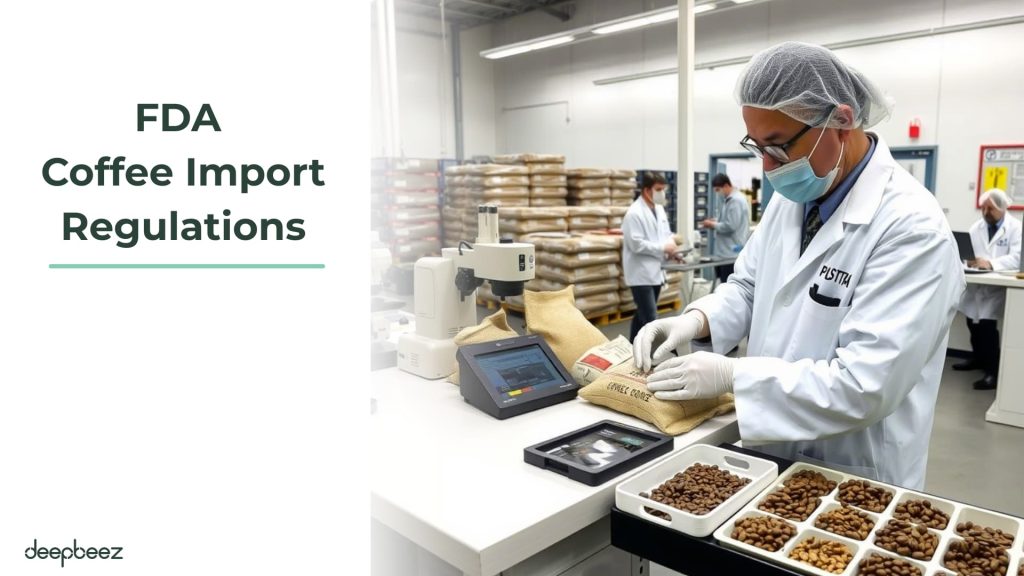Are you ready to bring those amazing coffee beans into the United States? I know firsthand how overwhelming the regulatory landscape can feel. The good news? You’re not alone, and with the right knowledge, you can navigate these requirements smoothly. I’ve helped dozens of importers through this process, and today I’m breaking down everything you need to know about FDA coffee regulations.
Did you know that agricultural products are among America’s largest export? This will create a unique opportunity for you as a business owner.
